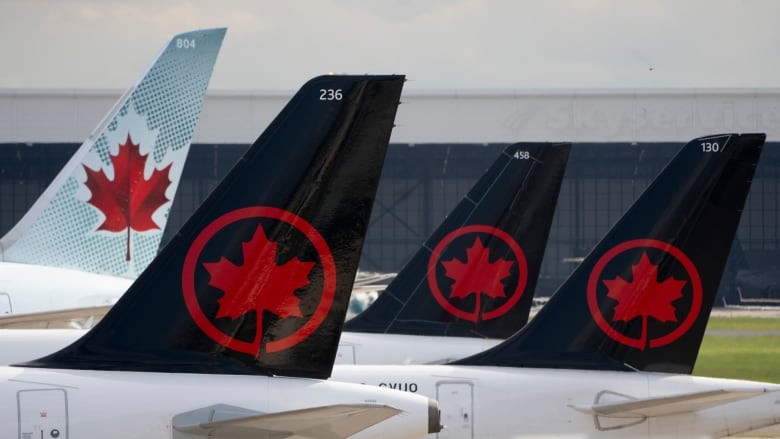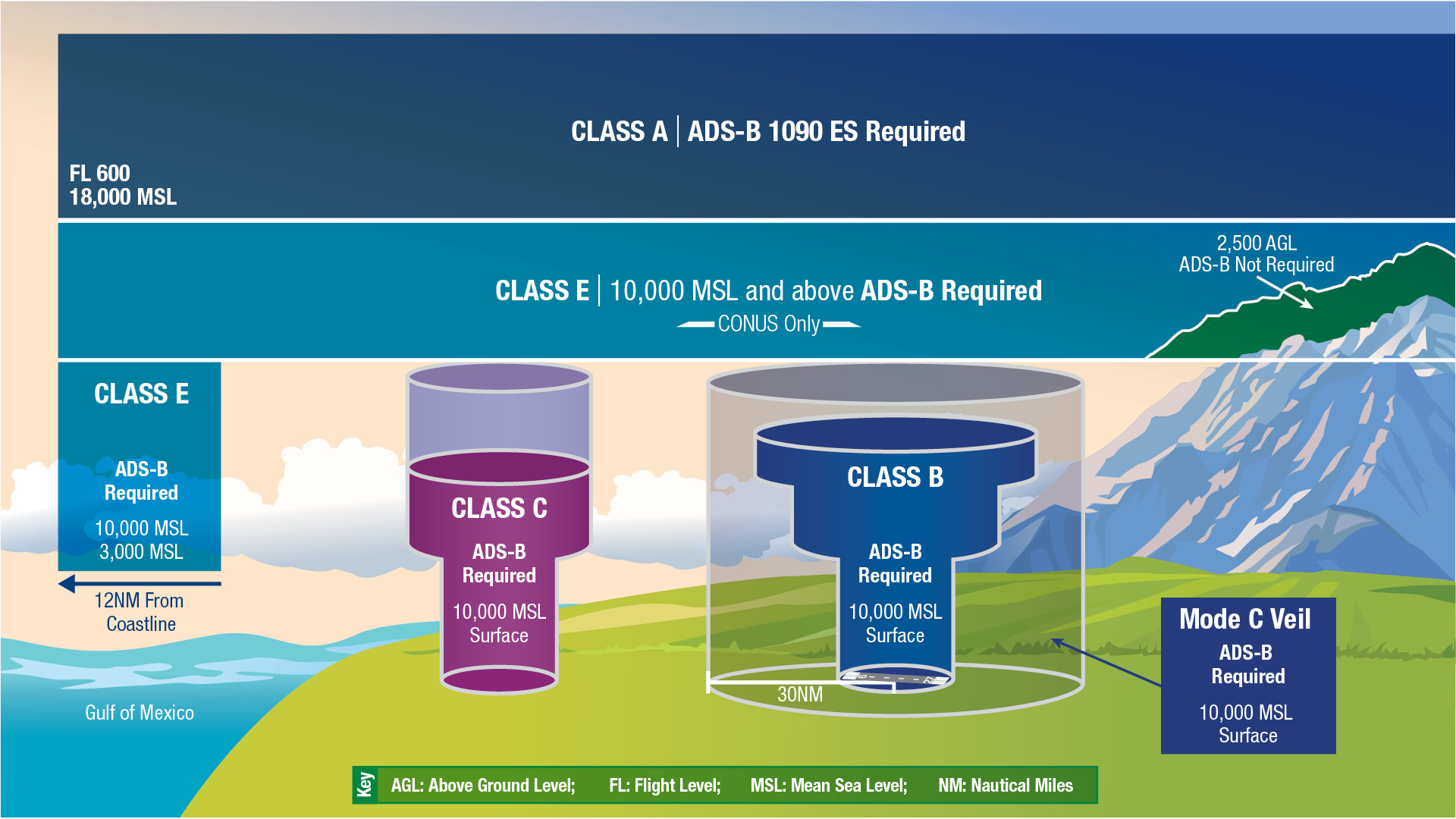The US Department of Transportation has slapped Air Canada with a $250,000 fine for operating flights in 2022 and 2023 through Iraqi airspace that is prohibited for American operators. The fine comes after the Federal Aviation Administration (FAA) deemed the Iraqi airspace unsafe for American aircraft due to complex security concerns. The FAA's ban applies to American operators, but the agency was able to impose the fine on Air Canada because the flights were code-shared with United Airlines. These flights took place on numerous routes between the United Arab Emirates and Toronto. Air Canada has maintained that the incidents were unintentional and due to various factors, including air traffic control constraints and the use of larger aircraft, which necessitate longer timeframes to reach adequate altitudes. The airline assured that safety wasn't compromised and has implemented measures to prevent similar incidents in the future. This isn't the first time a carrier has been fined for violating the FAA's restrictions. In June, Emirates faced a $1.5 million penalty for operating flights under the JetBlue Airways code over Iraqi airspace, marking the second time it was fined since 2020. However, the FAA's fine imposed on Air Canada is not just a financial penalty. It serves as a clear warning to all airlines to adhere to the safety regulations imposed on American operators, even those operating code-shared flights. The recent series of fines underscores the FAA's commitment to upholding stringent security standards for American aviation operations, even when these operations involve international collaborations. ## Air Canada's Response Air Canada has publicly acknowledged the fine and emphasized that the incidents were brief, unplanned, and unintentional. The airline attributed the violations to a complex combination of factors, including air traffic control restrictions and the deployment of larger aircraft that require additional time to ascend to appropriate altitudes. In a statement, Air Canada asserted that safety was not compromised during these occurrences and highlighted that it has implemented robust measures to ensure such incidents won't repeat. Air Canada's response demonstrates its commitment to adhering to aviation safety regulations and collaborating with international authorities to maintain the integrity of its operations. The airline's proactive measures underscore its willingness to learn from past incidents and mitigate potential risks to enhance the safety and security of its operations. ## Implications for Air Canada The FAA's fine could have significant implications for Air Canada, potentially affecting its future operations and reputation. The fine could also impact the airline's financial performance, especially in the context of ongoing economic challenges faced by the airline industry. However, Air Canada's commitment to addressing the incidents and implementing preventative measures suggests a willingness to learn from the experience and maintain its standing within the international aviation community. ## The Future of Air Travel Safety The recent fines imposed by the FAA highlight the ongoing emphasis on safety and security in the airline industry. As international travel continues to increase, the role of regulatory bodies like the FAA is becoming increasingly crucial in safeguarding the safety of passengers and ensuring the integrity of international aviation. The FAA's actions serve as a reminder of the importance of adhering to safety regulations and fostering collaboration between airlines and regulatory authorities to create a safe and secure environment for all air travelers. The future of air travel safety relies heavily on this collaborative approach to ensure that all flights are operated in compliance with the highest standards. ## A Timely Reminder for Airlines The FAA's fine levied on Air Canada serves as a timely reminder for all airlines to prioritize safety and remain compliant with international regulations. It highlights the potential consequences of failing to meet these standards and underscores the need for a vigilant approach to risk management and regulatory adherence. As the aviation industry continues to evolve, the importance of robust safety practices and consistent regulatory oversight remains paramount to ensure the continued safety of passengers and the overall well-being of the air travel sector. ## Safety First: A Commitment to Continuous Improvement Air Canada's response to the fine demonstrates a commitment to continuous improvement and a proactive approach to addressing safety concerns. This commitment is essential for any airline operating in an increasingly complex and interconnected world. In conclusion, the FAA's fine imposed on Air Canada serves as a powerful reminder for airlines to prioritize safety and comply with international regulations. The airline's response and commitment to preventative measures highlight the importance of continuous improvement and the need for a collaborative approach to ensure the safety and security of air travel in the future.
Hans Müller
Editor
Bringing you in-depth analysis and insights.



















